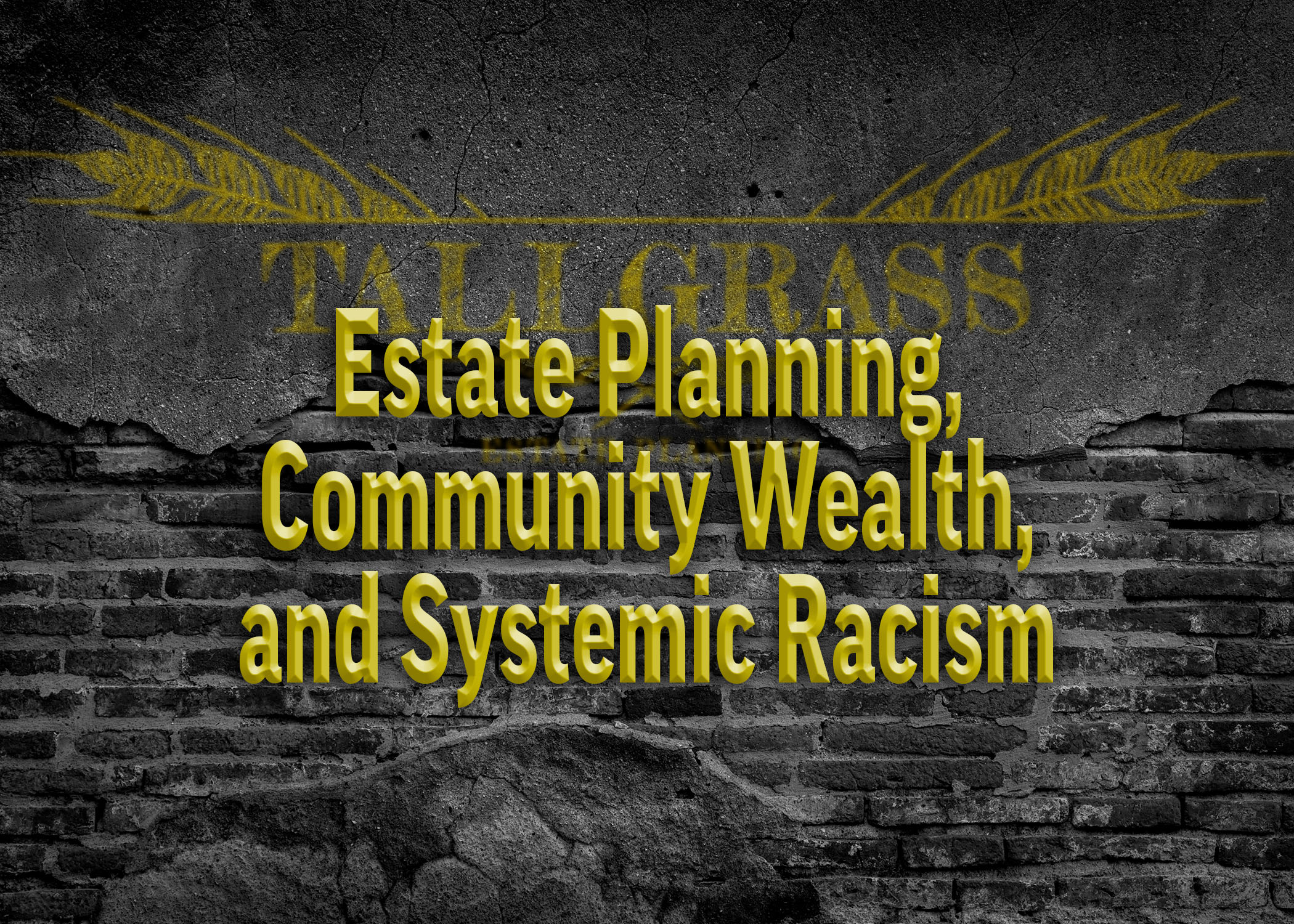
As we use the term, a "family bank" is an estate planning tool that allows you to remove assets from your taxable estate, to protect those assets from liabilities, and to preserve those assets over multiple generations while training each successive generation important principles of financial management. Times of economic uncertainty are unpredictable, liabilities can appear out of nowhere, and nobody can predict what's going to be true of the tax code this time next year, or 5 years from now, or 50. For these reasons, many people may want to secure a financial legacy that will preserve what they've worked for over the long haul.
01-What is a Family Bank?
"Family Bank" isn't a legal term or a formal designation. (Though, in some circumstances, it can become a formally chartered community bank.) It's more of a way of thinking about an asset or group of assets that are intended to benefit a clearly-defined group of people, usually family members. Those assets can be used to purchase insurance, can serve as collateral, can be loaned to beneficiaries, can be used to capitalize business ventures, can be used to purchase real estate... All the while, reducing estate tax liabilities, providing asset protection, and ensuring future growth across generations.
02-How does a Family Bank work?
Typically, we create a family bank using an irrevocable trust called an Intentionally Defective Grantor Trust ("IDGT"). The individual creating the IDGT transfers assets to the trust either by a gift or a a combination of a gift and sale. Those assets are removed from the individual's estate for estate tax purposes but not for income tax purposes, creating the "intentional defect" that gives the trust its name.
Inside of the trust, assets grow outside of the grantor's estate, which is great for the grantor, while the grantor maintains responsibility for income taxes, which is great for the beneficiaries. So far, so good?
An IDGT doesn't have to function as a family bank. It can serve as a fairly straightforward estate tax planning tool all on its own. But when it functions as a family bank, it is structured to be governed by a group of co-trustees who serve as a sort of "board of directors" who cooperate to make decisions about how the assets should be invested, whether and how they should be available to beneficiaries, whether and how beneficiaries can borrow from the IDGT, what the interest rates for loans should be, etc. It's best when this "board of directors" is made up of individuals from different generations, allowing older family members to mentor the younger ones.
In order to operate effectively, the language of the trust is fairly broad, while the board of directors (co-trustees) function under a constitution that contains very specific language about purpose and use of trust assets. While the trust is irrevocable, the constitution is drafted in such a away to allow the board of directors to amend it over time. This combination of an irrevocable trust and an amendable constitution give the family bank the perfect combination of irrevocability for asset protection and flexibility for continued governance.
03-What does a Family Bank do?
A family bank helps reduce estate tax liability and protects assets for your spouse and beneficiaries. Those two functions are clear-cut. But everything else a family bank may do is really up to you. You could create the family bank to:
A) Purchase insurance that builds a large cash value outside of your estate.
B) Serve as qualified shareholder of S Corp stock.
C) Allow you and/or family members to take loans from the family bank for defined purposes at a predetermined interest rates.
D) Train future generations to invest and manage large and/or complicated assets by structuring the board of directors and constitution to include family members from multiple generations.
E) What else are you dreaming of doing for your family?
Here's the stuff we always put at the end: If you want to know more, we would love to talk with you about it. Best part, the conversation about how it could benefit you doesn't cost anything. Call us at (918) 770-8940 or send an email to firm@tallgrassestateplanning.com to set up a free consultation.
Disclaimer: Reading this blog post does not create an attorney-client relationship, and it is not formal legal advice. This is for information purposes only. It is always best to speak with an attorney about your questions, assets, concerns, and needs.

















